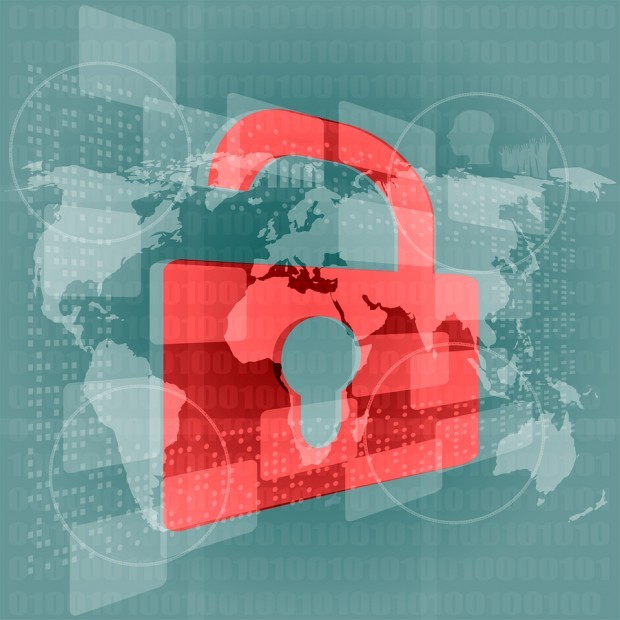President Barack Obama took mounting U.S. concerns about computer hacking straight to China’s president on Thursday in a sign of how seriously the United States takes the threat of cyber attacks emanating from China.
A day after meeting with U.S. corporate CEOs in the White House Situation Room about cyber threats, Obama spoke by phone with Chinese President Xi Jinping about the cyber issue as well as North Korea’s nuclear challenge, currency and trade issues.
The two leaders committed to engage in an ongoing discussion to address the cyber issue, White House deputy national security adviser Ben Rhodes told reporters. “Given our significant concerns in this space we need to ensure protection for our citizens, our security and our businesses,” he said.
Earlier this week, U.S. intelligence leaders said for the first time that cyber attacks and cyber espionage had supplanted terrorism as the top security threat facing the United States.
U.S. businesses are increasingly alarmed about the targeted theft of confidential business information and proprietary technologies through cyber intrusions emanating from China.
The issue has suddenly soared to the top of the U.S.-China agenda. The Washington Post reported last month, for instance, that security experts believe Chinese cyber spies have in recent years hacked many of Washington’s law firms, think tanks, news organizations, human rights groups, contractors, congressional offices, embassies and federal agencies.
Obama told ABC News in an interview aired on Wednesday that some cybersecurity threats are “absolutely” sponsored by governments while some are sponsored by criminals.
“We’ve made it very clear to China and some of the other state actors that, you know, we expect them to follow international norms and abide by international rules,” he said.
Obama called Xi to congratulate him on his new position and both agreed on the value of regular high-level discussions. To that end, Obama noted that U.S. Treasury Secretary Jack Lew will visit China next week to be followed in coming weeks by Secretary of State John Kerry, a White House statement said.
Lew lacks the international stature of his predecessor, Timothy Geithner, and may use the visit to China to boost his international visibility.
Obama welcomed China’s commitment to G-20 nations to move toward a more flexible currency exchange rate, a development long sought by the United States to allow U.S. exports to become more competitive in Chinese markets.
Administration officials have said China has made progress in valuing its currency, allowing the yuan to appreciate by about 15 percent against the dollar in recent years.
China’s global trade surplus has dropped sharply and a rise in labor costs has also helped make Chinese products less competitive, even as the U.S. economy continues to improve, giving currency concerns less salience.
But Lew has said China’s yuan remains undervalued, and has pledged to push the country to do more to appreciate its currency. U.S. lawmakers say an artificially low yuan hurts American manufacturers.
On top of that, the United States has come under fire from other countries for an aggressive easing of monetary policy critics contend seeks to drive down the dollar, a charge that puts Washington in a tougher spot in criticizing China.
Obama and Xi also discussed North Korea’s nuclear challenge. After a new round of U.N. sanctions took effect recently, North Korea was reported to have declared invalid the 1953 armistice agreement that ended its war with South Korea.





















 Focus on Ski Guides After Deadly California Avalanche Could Lead to Criminal Charges, Civil Suits
Focus on Ski Guides After Deadly California Avalanche Could Lead to Criminal Charges, Civil Suits  The Future of HR Is AI
The Future of HR Is AI  State Farm Mutual to Pay $5B Dividend to Auto Insurance Customers
State Farm Mutual to Pay $5B Dividend to Auto Insurance Customers  Telematics and Trust: How Usage-Based Insurance Is Transforming Auto Coverage
Telematics and Trust: How Usage-Based Insurance Is Transforming Auto Coverage 






